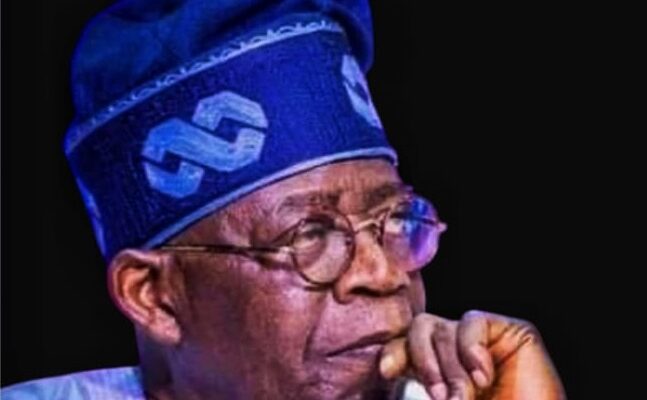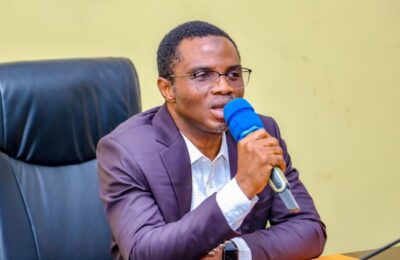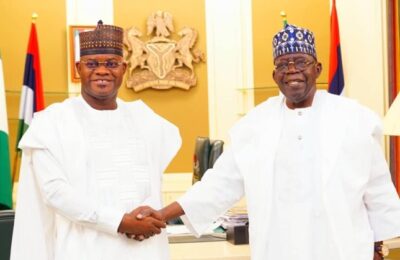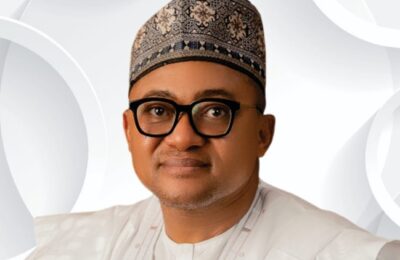By Musa Bakare
Many young Nigerian politicians continue to be baffled by the enigma that is Bola Ahmed Tinubu, a man who, despite decades of relentless criticism, maintains remarkable political composure and often extends a hand of friendship to even his fiercest detractors.
Why is it that slander, propaganda, and public attacks, particularly during election cycles and even now as president, seem to leave him unfazed?
Time and again, some political actors and their parties have made the mistake of underestimating Tinubu’s intelligence, political strategy, and leadership depth. This underestimation has consistently worked to their detriment.
Over the years, opposition figures have hurled serious accusations at him, from drug trafficking to certificate forgery. Yet Tinubu, the Asiwaju of Lagos, rarely retaliates. A memorable example was a campaign season where a prominent PDP figure mocked his health and fell himself on a rally podium. Rather than respond with outrage, Tinubu chose silence, demonstrating, yet again, his political maturity.
So, who exactly is Bola Ahmed Tinubu?
Born on March 29, 1952, Bola Ahmed Tinubu is a Nigerian politician and accountant who currently serves as the 16th President of the Federal Republic of Nigeria, assuming office on May 29, 2023.
A devout Muslim and family man, he is married to Senator Oluremi Tinubu, a former lawmaker who represented Lagos Central. His traditional title, Asiwaju of Lagos, reflects his longstanding influence in Nigeria political and cultural affairs.
Tinubu’s political journey began in 1992 when he was elected Senator for Lagos West under the Social Democratic Party (SDP). After the military disrupted Nigeria’s short-lived Third Republic in 1993, he joined the National Democratic Coalition (NADECO), a pro-democracy group that played a key role in restoring civilian rule.
In 1999, running under the Alliance for Democracy (AD), Tinubu became Governor of Lagos State, a position he held for two terms until 2007. His administration was marked by bold reforms in health, education, and infrastructure, including the popular “Jigi Bola” initiative, which offered free eye care to thousands of Lagos residents.
Tinubu’s most consequential political legacy may be his role in forging Nigeria’s most formidable opposition platform. In 2013, he spearheaded the merger of several opposition parties to form the All Progressives Congress (APC). This coalition would go on to defeat the ruling People’s Democratic Party (PDP) in 2015, a feat many believed was impossible, ushering in President Muhammadu Buhari’s administration.
In 2023, after decades of kingmaking and political structuring, Tinubu declared his presidential ambition, stating that It is his turn (Emi lokan). It was a bold declaration of readiness, and it proved accurately so that it is indeed his turn.
He emerged victorious in the election, securing 36.61% of the vote and defeating Atiku Abubakar and Peter Obi who two years after are yet to recover, President Tinubu has since stayed the course, focused on governance rather than distraction.
Since taking office, President Tinubu has rolled out ambitious economic reforms. These include the removal of fuel subsidies, the unification of exchange rates, new tax legislation aimed at improving revenue, and the restructuring of the Nigerian National Petroleum Company (NNPC).
According to the World Bank, these policies have yielded early macroeconomic gains: Nigeria’s fiscal deficit declined from 5.4% of GDP in 2023 to 3.0% in 2024, while government revenue rose from 7% of GDP to nearly 12% in the same period.These reforms are no doubt necessary sacrifices for long-term stability and prosperity for the country.
Nigerians both within the APC and beyond are already endorsing Tinubu for a second term, citing his courage to tackle long standing economic problems head-on.
Bola Ahmed Tinubu remains a paradox to many: relentlessly criticized yet enduring; underestimated yet persistently impactful; controversial yet transformative. To truly understand him is to appreciate not just the politician, but the strategist, the reformer, and the true nation builder.
Those who claim to know the total political philosophical make up of Asiwaju will soon realize how wrong they have been. Those who dismiss him, take him for granted do so at their own peril, for Tinubu has consistently proven that he is not a man to be taken lightly.
– Musa Asiru Bakare writes from Lokoja, the capital of Kogi State. He is a member of the Tinubu Support Group (TSG).




